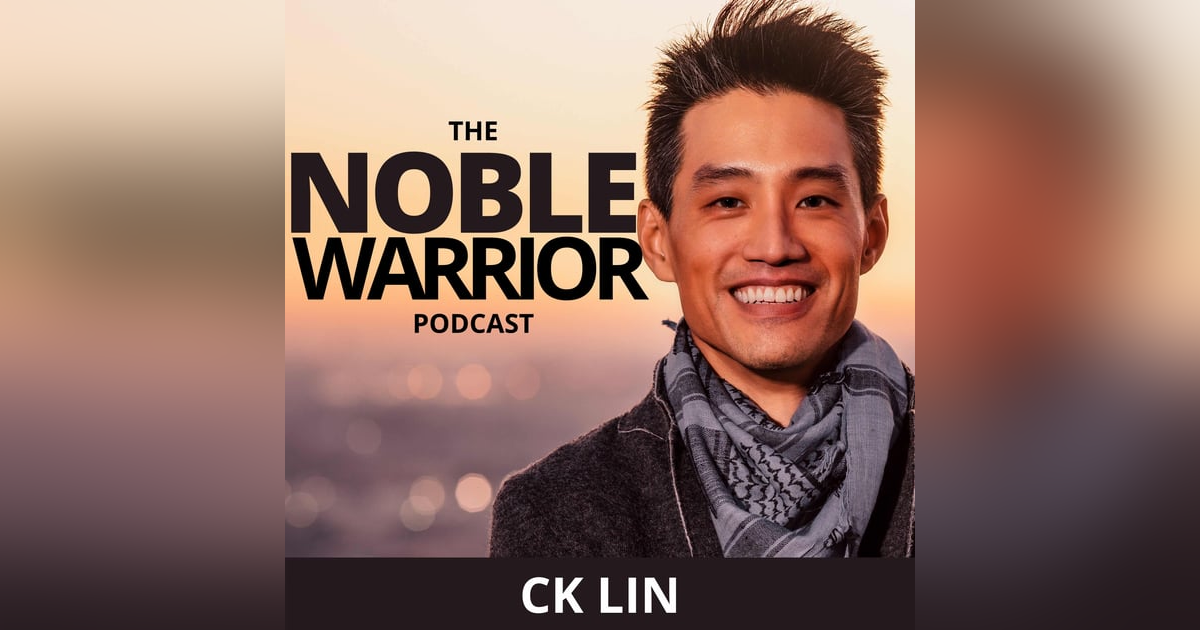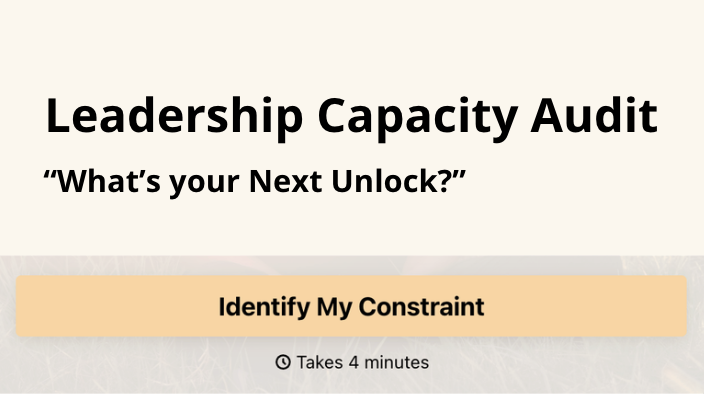073 Eric Holdener: The Importance Of Sustainable Food Practices, And How AI Can Help
My guest today, Eric Holdener, was in charge of strategic alignment and continuous excellence at Nestle the global food conglomerate and currently he helps many organizations develop AI capabilities to improve sustainability.
We had a fantastic conversation about sustainability, food, and the future of AI in organizations.
Topics Of Conversation:
- Being a gardener vs. being an architect of an organization
- The importance of rituals for a team
- How to design a brand deeper than its packaging -
- Important problems that AI can solve
- How to use AI to eliminate food waste
- Changing consumer behavior to increase food sustainability
- Why Eric chose to address sustainability
- Testing theories about your personal growth with those who have more experience
- How Eric found his passion for sustainable food
- How to use food to enrich your life
🔔 SUBSCRIBE for more inspiring conversations with entrepreneurs and leaders. https://bit.ly/35cea8q
🔥 Join our mailing list for mindset and actionable tactics from 6- to 9-figure purpose-driven entrepreneurs: https://mailchi.mp/noblewarrior/9czbxmafgo
✍️ Detailed Blog post : https://www.noblewarrior.com/episode/073-the-importance-of-sustainable-food-practices-and-how-ai-can-help-eric-holdener/
👪 Join my Facebook Group: https://noblewarrior.com/group
Get full access to Infinite Flow at cklin.substack.com/subscribe

















